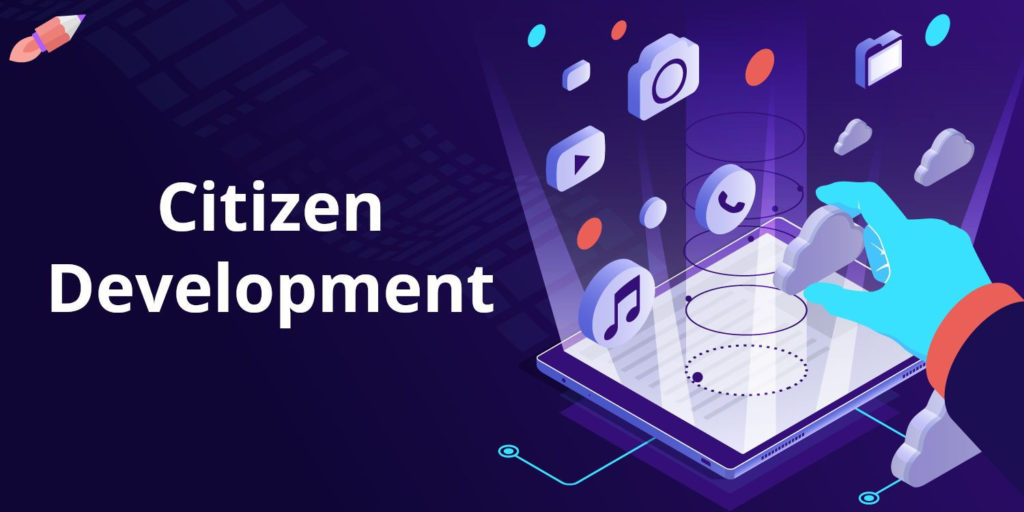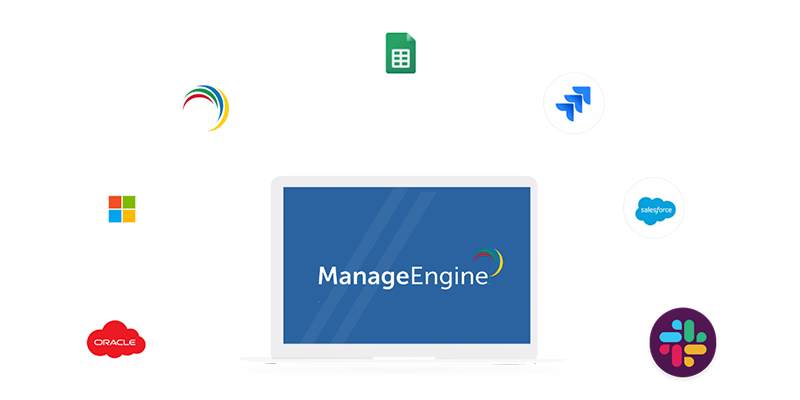Every year in the tech industry, we hear a lot about “citizen developers”. They are becoming increasingly common and are often seen as the solution to all of our professional problems, such as hiring, managing processes and services, and even many technical challenges.
But what exactly does a citizen developer look like? What is their role? Who is looking for them? Why are we willing to hire them? And what are the consequences of their actions?
Citizen developer is an employee who creates application capabilities for consumption by themselves or others, using tools that are allowed by IT or business units.
The way people work is changing. As a result, organizations have begun to adopt tools and processes that are unencumbered by the rules of an IT department. This shifts the focus away from IT departments to change the way people work. These tools are called Citizen Development Tools (CDTs).
CDTs are not just useful for companies; they are essential for individuals as well. They empower individuals to create applications that can be consumed by themselves or others, in a matter of hours, with no IT involvement or permission. Citizen developers can create apps outside their organization’s normal workflows because they must do so for personal satisfaction or a business need. That person might not have access to an IT department’s team tools or resources (e.g., salesforce) and may not care where they get their data from (e.g., Google Spreadsheets). However, there’s no doubt that when an application is created outside of IT-centric products and processes, it becomes more valuable and valuable fast than anything else in terms of what it generates and how it generates it due to its open nature. As such, citizen developers have made a huge impact on the enterprise world — both in terms of its impact on business performance as well as Business Value-Added metrics like Return On Asset (ROA), Return On Investment (ROI), Return On Capital Employed (ROE), Return On Investment In Human Capital (ROIIC), and more!

Conclusion
What are the most valuable skills that you’re willing to learn and invest in? What do you want to know about your company’s culture? Once you answer these questions, it becomes much easier to build a developer community since there is a high correlation between the values expressed by employees and the behavior they pursue.




